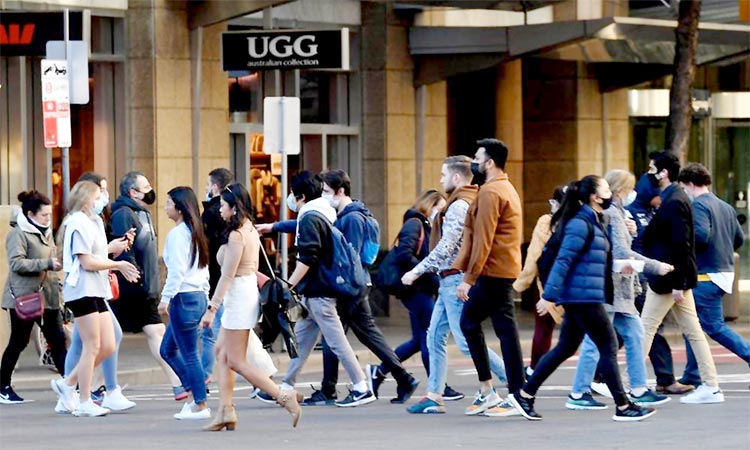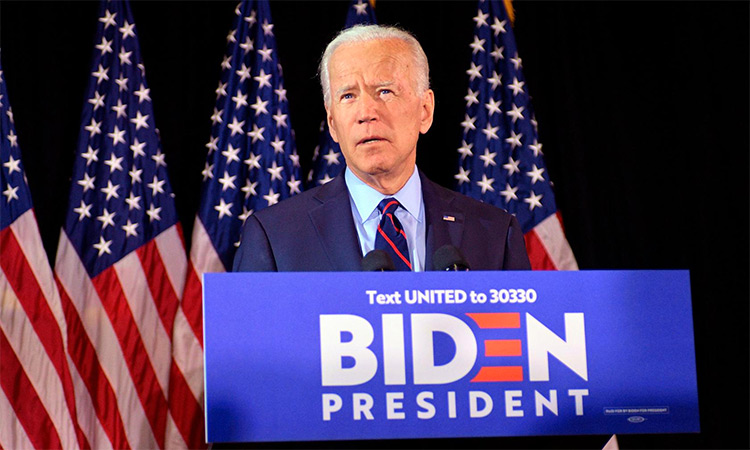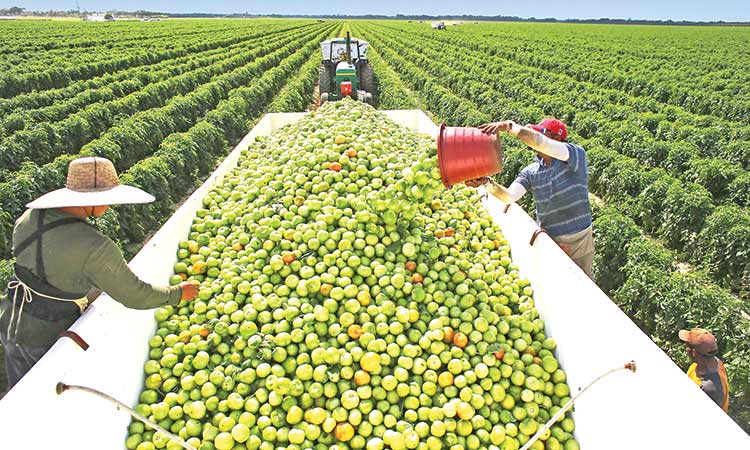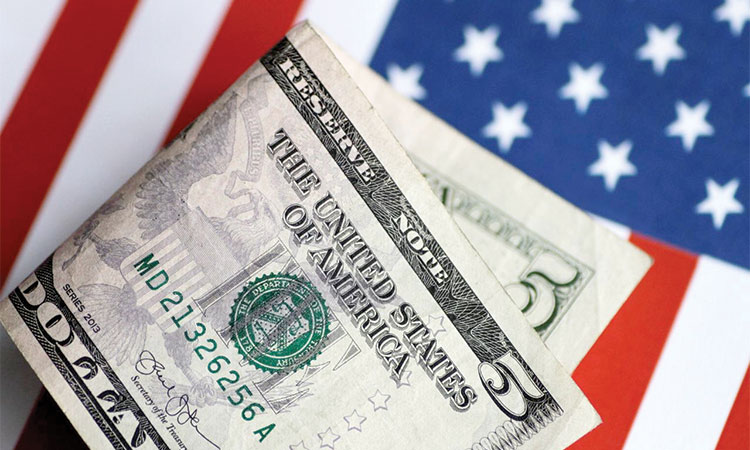US central bankers should stop raising rates, says Patrick Harker

The Federal Reserve Bank in Washington, US.
“It’s time to at least hit the stop button for one meeting and see how it goes,” Harker said on a National Association for Business Economics webinar, referring to the Fed’s next rate-setting meeting on June 13-14.
Harker said he sees promising signs the Fed’s rate hikes so far - five full percentage points since March 2022 - are having a cooling effect, particularly on housing prices.
Uncertainty over inflation dynamics and the pace of credit tightening make him wary of continuing to raise rates.
A pullback in retail spending that helped sendDollar General Corp’s shares down sharply on Thursday, and government data showing US wages have not risen as fast as earlier estimated, also play into his views, he said.
“You start to add all these things together in my mind and it says to me, let’s skip this one, see how it goes,” he said, although he said could change his mind if monthly jobs data, due out Friday, or inflation data, due next week, are a lot stronger than expected. The Fed has been raising borrowing costs to battle high inflation, which has fallen from a peak of 7 per cent last summer to a current rate still above 4 per cent, more than twice the central bank’s 2 per cent target.
In early May it lifted its policy rate for a 10th straight time, to a targeted range of 5.00 per cent -5.25 per cent, and policymakers have since signaled they may skip a rate hike to give them time to assess the impact of the rate hikes so far and of stresses in the banking sector that may have tightened credit and could slow the economy further.
Harker said he expects the economy to grow less than 1 per cent this year, and for the unemployment rate, now at 3.4 per cent, to rise to around 4.4 per cent.
Meanwhile he projects inflation to fall to 3.5 per cent this year, 2.5 per cent next year, and only reach the Fed’s 2 per cent goal by 2025. He said he could envision the Fed cutting rates if unemployment rises significantly faster, or inflation falls more rapidly, than he currently forecasts.
But he said his baseline is for rates to stay put, giving time for inflation to fall and maintaining what he sees currently as a “reasonably wide” pathway to avoiding a recession that could occur if the Fed tightens policy too much.
“I think we are at the point, or very close to the point now, where we are clearly in restrictive territory, and we can sit there for a while,” Harker said. “We don’t have to keep moving rates up, and then have to reverse course quickly.”
Philadelphia Federal Reserve President Patrick Harker on Thursday said that while high inflation is coming down at a “disappointingly slow” pace, the US central bank may not need to raise interest rates much to hurry the process along.
“I am closely monitoring incoming data, listening to our contacts and audiences, and evaluating economic conditions to assess whether additional tightening will be needed,” Harker said in remarks prepared for delivery to a National Association for Business Economics webinar.
“I do believe that we are close to the point where we can hold rates in place and let monetary policy do its work to bring inflation back to the target in a timely manner,” Harker said.
The Fed has been raising borrowing costs since March 2022 to battle high inflation, which has fallen from a peak of 7 per cent last summer to a current rate still above 4 per cent, more than twice the central bank’s 2 per cent target.
In early May it lifted its policy rate for a 10th straight time, to a targeted range of 5.00 per cent-5.25 per cent, and policymakers have since signaled they may skip a rate hike at the Fed’s June 13-14 meeting, to give them time to assess the impact of the rate hikes so far and of stresses in the banking sector that may have tightened credit and could slow the economy further.
Harker said he sees some promising signs the rate hikes are having a cooling effect, particularly on housing prices.
He expects the economy to grow less than 1 per cent this year, and for the unemployment rate, now at 3.4 per cent, to rise to around 4.4 per cent. Meanwhile he projects inflation to fall to 3.5 per cent this year, 2.5 per cent next year, and only reach the Fed’s 2 per cent goal by 2025.







